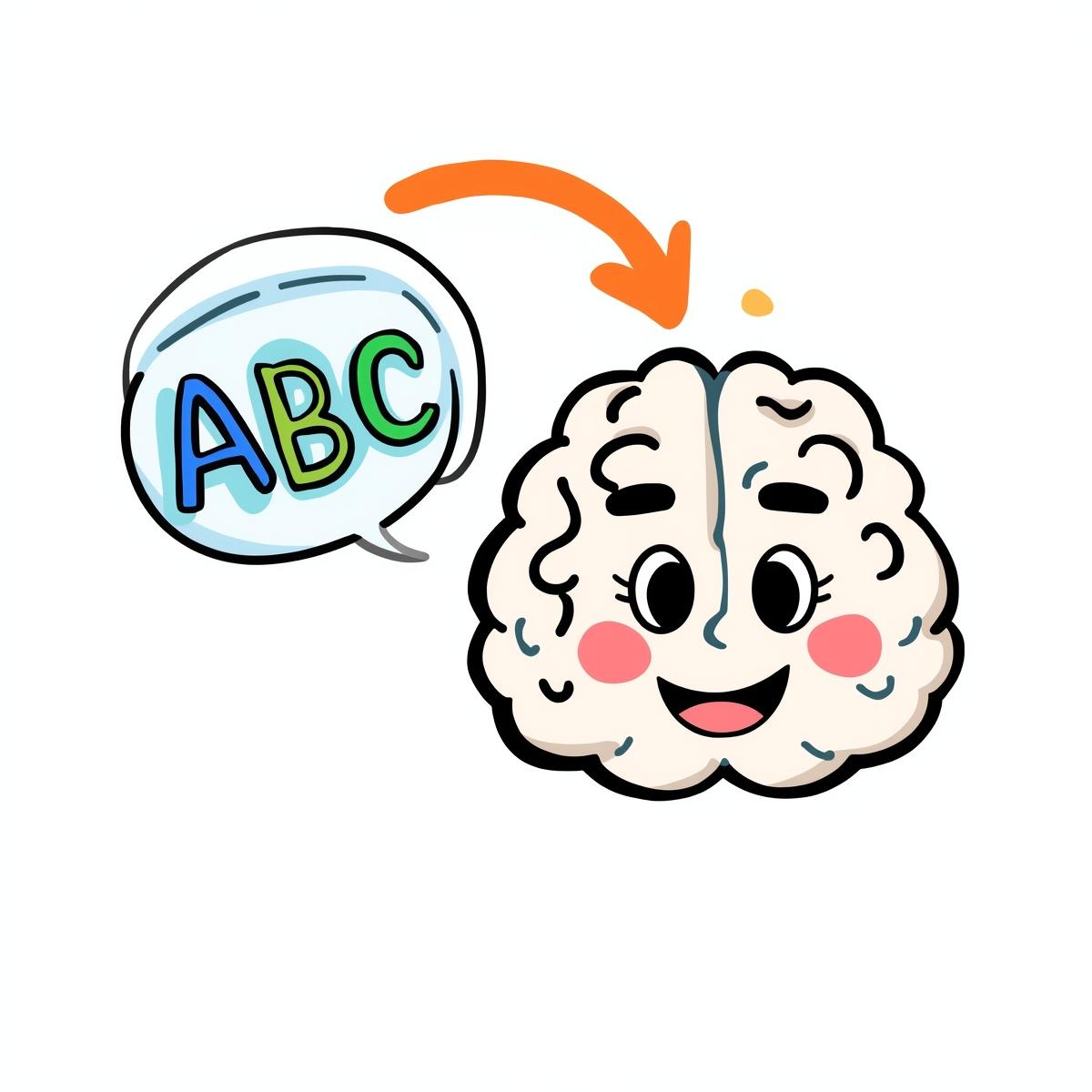
Can Language and Emotions Improve Our Thinking Skills?
Spatial Development Lab at MSU (Montclair State University)
Who Can Participate |
7 to 16 year olds |
What Happens |
This study will take place on a video call, live with a researcher! Clicking on the “Schedule a time to participate” button will send you to an online calendar where you can select a date and time that works for you. Your child will play 3 mini games. First, they will label everyday items. Second, they will match shapes. Lastly, they will match facial expression. You will complete a few questionnaires on their behalf, answering questions related to their overall behavior, social skills, and language skills. You can sign up by clicking the link to register for a 30 minute session! |
What We're Studying |
Previous research suggests that children who grow up with more than one language may develop stronger flexible thinking skills, but we also know that social skills, such as how children recognize emotions, may play a role in flexible thinking too. In this study, we are using interactive games to see how children switch between different types of tasks, like matching shapes and identifying emotions. By looking at how language background and social skills relate to performance on these tasks, we hope to better understand the specific factors that support cognitive flexibility in childhood. |
Durée |
20 minutes |
Compensation |
Your child will receive a personalized summary of their brain and language skills based on their performance. |
Cette étude est menée par Jennifer Yang (contact: yacoubn1@montclair.edu).